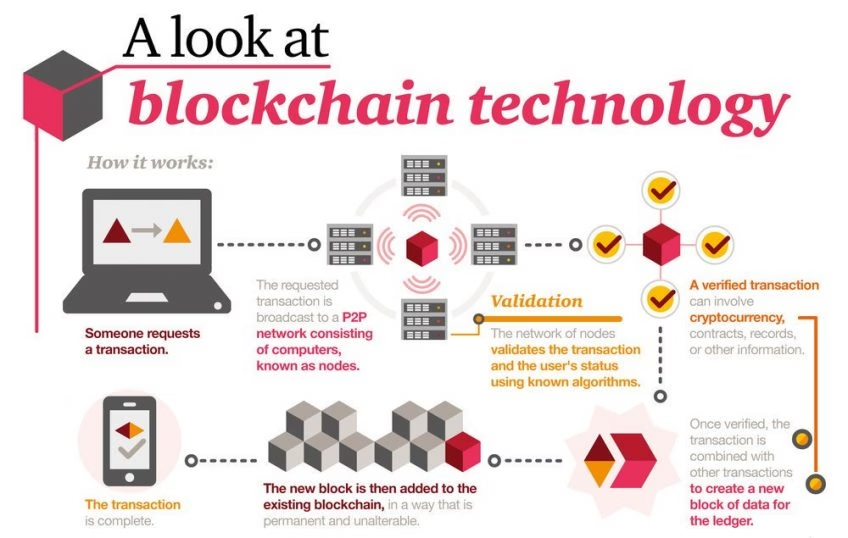The Rise Of Blockchain: A New Era In Data Privacy Protection
The Rise of Blockchain: A New Era in Data Privacy Protection

- The Future Of Blockchain In Real Estate Transactions
- Stablecoins: A Shield Against Crypto Market Turbulence
- The Rise Of Decentralized Platforms In Shaping The Gig Economys Future
- Emerging Contenders: 5 Crypto Tokens Poised For A Breakout In 2024
- The Evolution Of Blockchain Security Understanding Proof Of Stake
In today’s digital age, data privacy has become a top concern for individuals and organizations alike. With the ever-growing threat of cyber attacks and data breaches, it’s no wonder that many are turning to innovative solutions to protect their sensitive information. One such solution that’s been gaining traction in recent years is blockchain technology. In this article, we’ll delve into the role of blockchain in protecting data privacy and why it’s becoming an increasingly important tool in the fight against data exploitation.
So, what exactly is blockchain? In simple terms, blockchain is a decentralized ledger system that records transactions across a network of computers. It’s the underlying technology behind cryptocurrencies like Bitcoin and Ethereum, but its applications extend far beyond digital currency. The beauty of blockchain lies in its ability to create an immutable and transparent record of data, making it virtually tamper-proof.
Now, let’s dive into how blockchain can be used to protect data privacy. One of the primary ways blockchain achieves this is through its use of cryptography. When data is stored on a blockchain, it’s encrypted in a way that makes it unreadable to anyone without the decryption key. This ensures that even if a hacker were to gain access to the data, they wouldn’t be able to read or exploit it.
Another key feature of blockchain that makes it ideal for data privacy protection is its decentralized nature. Traditional data storage systems rely on a centralized server or data center, which can be vulnerable to attack. Blockchain, on the other hand, is a distributed system that operates on a network of computers, making it much harder for hackers to access and exploit.
But how does blockchain actually work in practice? One example is in the use of so-called "self-sovereign identity" systems. These systems allow individuals to create and manage their own digital identities, which can be stored on a blockchain. This puts the individual in control of their personal data, allowing them to choose who they share it with and for what purposes.
Another example is in the healthcare sector, where blockchain can be used to securely store medical records. Medical records are among the most sensitive types of data, and the consequences of a breach can be severe. By storing medical records on a blockchain, patients can rest assured that their data is safe and secure.
The benefits of blockchain for data privacy protection are clear. Not only does it provide an unprecedented level of security and transparency, but it also gives individuals control over their own data. However, there are still challenges that need to be addressed. For one, the technology is still in its early stages, and there’s a need for more education and awareness about its potential.
In conclusion, blockchain is an exciting and powerful tool in the fight against data exploitation. By providing an immutable and transparent record of data, it’s an attractive solution for those looking to protect their sensitive information. As the technology continues to evolve and mature, we can expect to see even more innovative applications in the field of data privacy protection.
Key Takeaways:
- Blockchain technology is being used to create more secure and transparent data storage systems.
- Its decentralized nature and use of cryptography make it an attractive solution for data privacy protection.
- Self-sovereign identity systems and secure medical records are just two examples of how blockchain can be used in practice.
- Despite its potential, blockchain is still in its early stages, and there’s a need for more education and awareness about its benefits and challenges.
